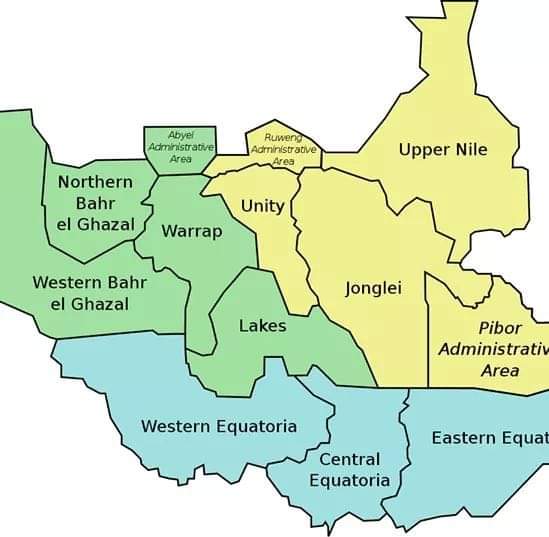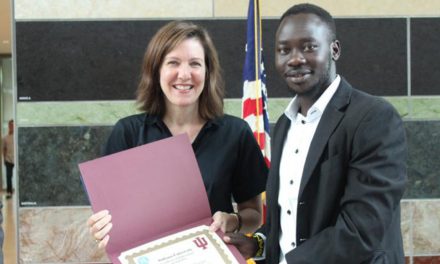
South Sudan runs out of drugs

JUBA, SOUTH SUDAN:
South Sudan’s health ministry has been unable to supply life-saving drugs to health facilities across the country due to funding and delays in procurement.
The ministry says only Fansidar, an anti-malaria drug, is available in the government’s medical stores at the moment.
“We only have Fansidar in the store that are being supplied this week in different states.” actually at some point it depends on the data that is sent by a particular state that is the planning budgeting when the drugs are done. The more accurate information that is given from a particular state, depending on the cases of malaria, that is where we can give out the medicine as per the previous data.”Dr. Mabior Kiir Kudior, head of planning and information at the health ministry said on a visit to Bor last week.
Government expenditure on health accounts for just 6.4 percent, according to the World Bank report. In South Sudan’s 2019/2020 fiscal year budget, the government allocated 525 million South Sudanese Pounds for health out of a total 80 billion South Sudanese Pound budget.
In April 2001, heads of state of African Union countries met for the World Health Organization Abuja declaration and pledged to set a target of allocating at least 15% of their annual budget to improve the health sector.
Atong Kuol, Jonglei state health minister, said last week that government health facilities across the state had run out of life-saving drugs, making life difficult for people seeking medical care.
Kuol said the 9 counties had not received drugs for the past 6 months, something she said had made life difficult for patients, mostly women, children and the elderly, who seek treatment from the state’s main referral facility – the Bor state Hospital – and other facilities across the state.
According to Kudior, there are no drugs to treat patients at the Bor state hospital as well as most state hospitals across the country.
“Jonglei state has a shortage of medication. The hospital has no medicine to administer to the patients. There was an organization called MD that was operating in Bor hospital and MD ran short of funds in August this year that has led to the suffering of the healthcare workers.” Kudior says adding, lack of essential life-saving drugs is not limited to Jonglei state alone.
“Lack of medicines is not only to a specific state but it is general in the entire country
We always supply drugs in batches like there is quarter one that was given and quarter two was also given and as we are in quarter three, the delay came in a little bit with issues related to the funding and procurement.”
He reveals that the health ministry expects to receive a consignment of drugs to arrive in the country on December 12, 2021.
The UN children’s agency UNICEF, which often helps transport the drugs to health facilities across the country, says current flooding has made it difficult to transport medicines to various locations.
Muhammad Tariq, the head of immunization at UNICEF in South Sudan, says the shortage of drugs is due in part to flooding, and insecurity which have made access to the affected states difficult. He however said that new drug stock could be delivered to Upper Nile and Jonglei states by the end of this month.
“UNICEF has been supporting the Ministry of Health at National and state levels in providing essential drugs. This is a continuous process. I have checked with my teams and we are already transferring some of the drugs to these areas and hopefully the new shipment will be complete by end of next week.”




















Recent Comments